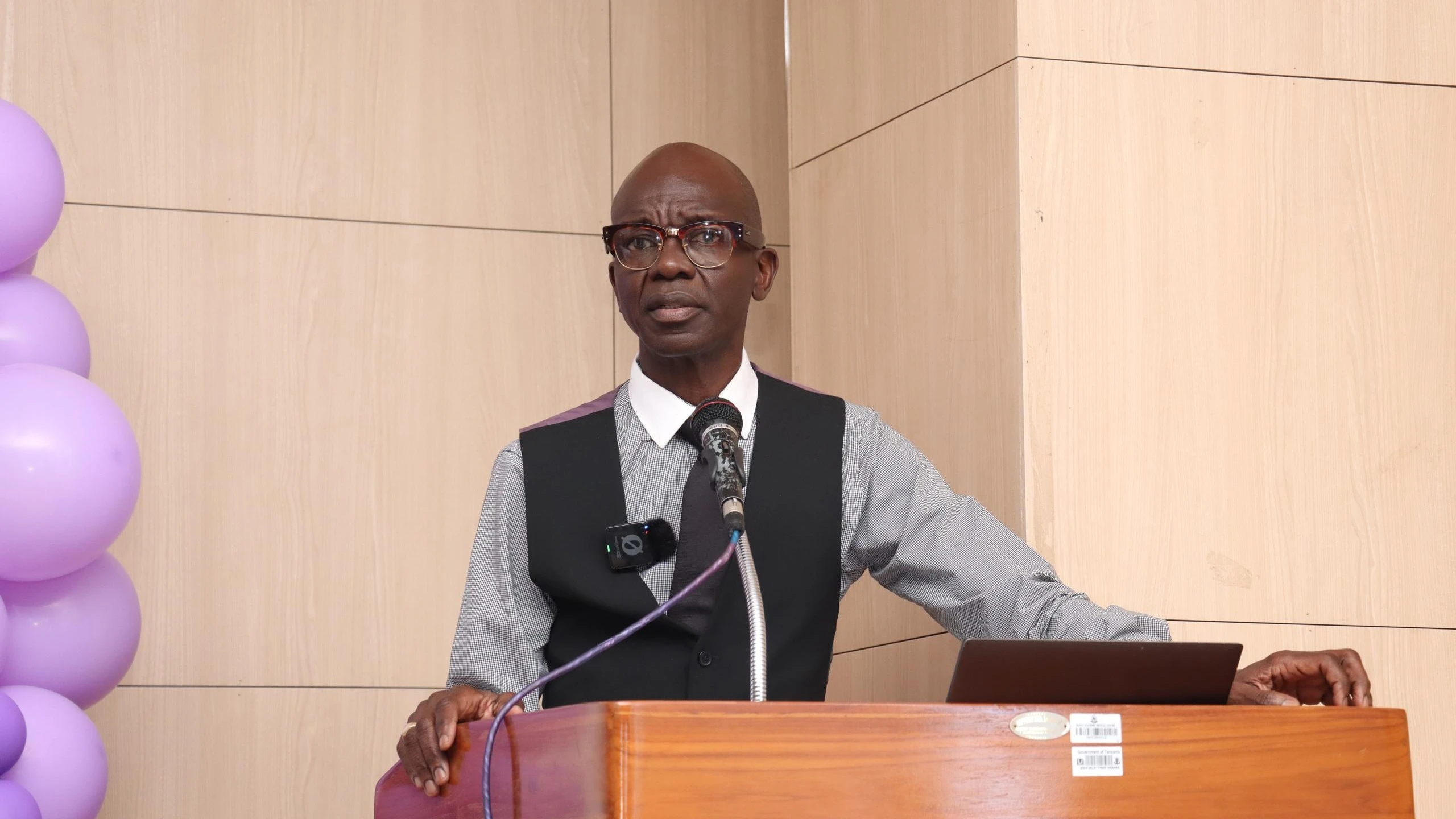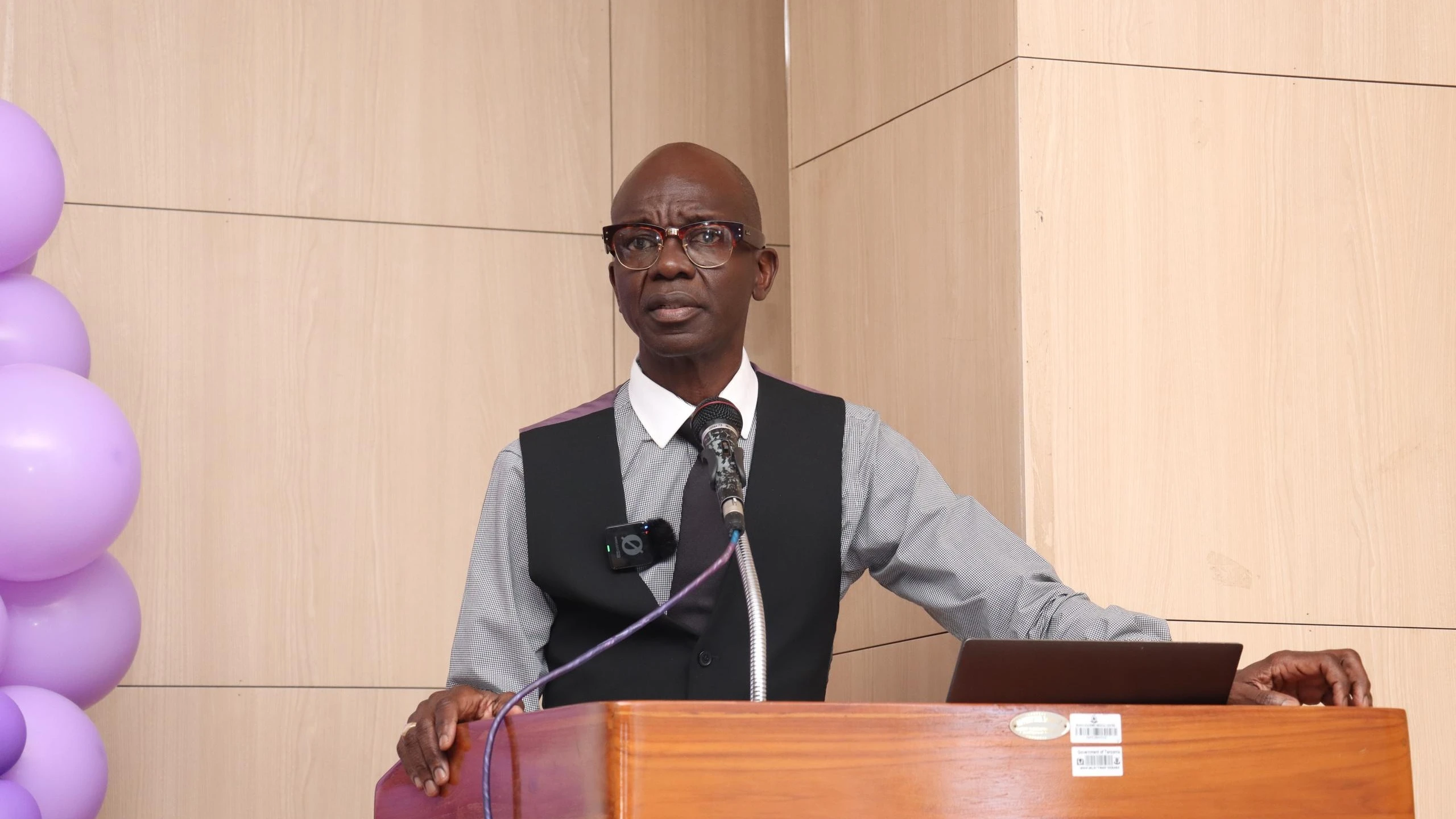Invest in your health as much as wealth, Janabi urges Tanzanians

MUHIMBILI National Hospital (MNH) Executive Director Prof. Mohamed Janabi has called for a shift in societal priorities, urging Tanzanians to focus on investing in their health just as much as they do in wealth.
In a series of public health messages shared on his social media platforms, Prof. Janabi stressed that people often focus on financial investments, such as acquiring property as part of their retirement planning.
However, he argued that investing in one’s health is just as critical for ensuring a long and fulfilling life.
He emphasized the importance of adopting long-term health practices, particularly for individuals over the age of 35 in order to prevent non-communicable diseases (NCDs) and improve overall wellbeing.
“People often prepare for their future by investing in material assets but health should be an equally important priority. By the time you reach your mid-30s or 40s, taking proactive steps to protect your health should become a cornerstone of your lifestyle.”
As part of his public education efforts, Prof. Janabi has been actively raising awareness about the lifestyle choices that contribute to the prevention of diseases such as diabetes, hypertension and cancer. He advocates for the adoption of a healthy lifestyle that includes regular physical activity, a balanced diet, effective stress management and adequate rest.
Prof. Janabi outlined several key habits for maintaining good health. Regular exercise is essential for cardiovascular health and weight management.
He emphasized the importance of taking 10,000 steps per day, consuming a variety of foods, including plenty of vegetables and fruits while limiting the intake of sugary and fatty foods as crucial for preventing diet-related diseases.
He also provided insights into proper hydration, noting that the amount of water needed depends on one’s activity levels. He advised against excessive water consumption, explaining that overhydration can lead to headaches, electrolyte imbalances and other health issues.
“I personally don’t drink more than 1.5 litres a day unless I am very active. However, if you're working in an air-conditioned office, 3 to 4 litres a day is unnecessary,” he said.
When it comes to fruit consumption, Prof. Janabi recommended eating one type of fruit at a time to avoid spiking blood sugar levels.
“I avoid mixing fruits as it can cause an increase in blood sugar levels. For example, I might have a banana in the morning, a pear at lunch and papaya in the evening,” he said.
Prof. Janabi emphasized the importance of portion control and managing stress. He encouraged individuals to practice emotional balance and forgiveness to avoid the negative effects of stress hormones that can contribute to chronic health conditions.
“Studies suggest that by 2035, most deaths worldwide will be linked to poor diets and lifestyle choices, leading to conditions such as heart disease, diabetes and cancer. Each year, around 35 million people die from diseases related to poor nutrition, not infections,” he said.
In light of the trends, Prof. Janabi has taken a personal approach to his health by adopting a strict regimen of one meal a day.
“I have been following this practice for over two years now and I feel it has greatly improved my health. It’s not about dieting; it’s about listening to your body and making healthy choices.”
Top Headlines
© 2024 IPPMEDIA.COM. ALL RIGHTS RESERVED






















